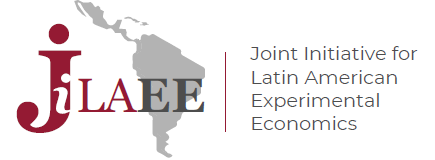ABSTRACT: Performance monitoring is a mainstay feature of most managers’ jobs and is hypothesized to be a key determinant of firm productivity. It is also the basis for many theoretical frameworks of manager-worker interactions, including knowledge- based hierarchy models. Despite this importance there is limited evidence on whether changing the manager’s ability to monitor the performance of their team actually affects managerial effort and ultimately impacts productivity. To shed light on these questions, we leverage the staggered introduction of a performance monitoring technology that enabled managers to track the progress of drive-thru orders in real-time in a large quick-service restaurant chain in Puerto Rico. We show that the technology substantially increased managerial investment in training employees in critical food production stations. Drive-thru sales went up by six percent (as well as counter sales to a lesser extent), driven by an increase in the number of customers served. Impacts were largest in the first two months after the technology was introduced and declined subsequently. We uncover a key role for refresher trainings in explaining this decline. Conditional on overall managerial quality by time interactions, stores in which managers devoted more effort to refresher trainings had more persistent gains in sales. These findings allow us peer inside the “black box” of IT adoption and firm productivity, and highlight the importance of managerial effort and on-the-job human capital investments in actualizing the value of IT.
Read the paper HERE

